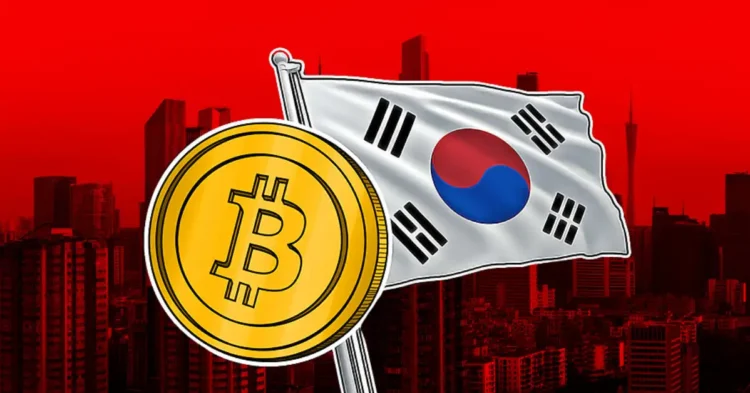Major Crypto-Fueled Drug Bust in South Korea
In a significant breakthrough, South Korean police have apprehended seven individuals involved in a sophisticated drug dealing operation fueled by cryptocurrency. Authorities in South Jeolla Province disclosed that these suspects were leveraging digital currency as a payment method to distribute methamphetamine across the nation.
The Investigation Unfolds
According to KBC, the Narcotics Crime Investigation Unit discovered that the primary suspect, a 33-year-old individual, had meticulously hidden drugs in 118 different locations within Gwangju’s West and North districts. This clandestine operation spanned from March to April of this year, with each transaction being facilitated through crypto payments.
Sting Operation and Arrest
In a well-coordinated sting operation, investigators utilized social media platforms and chat applications like Telegram to trace the dealer. By posing as buyers and executing payments via cryptocurrency, they successfully identified the suspect and uncovered his drug den. The police confiscated over 103 grams of methamphetamine concealed in the mountains of Yeonggwang and an additional 83 grams from various locations around Gwangju. The total street value of these seizures is estimated to be approximately $465,000.
Rising Drug Smuggling Cases
Earlier this year, customs officials reported an 18% surge in drug smuggling incidents, attributing this increase to the growing use of cryptocurrency. Despite rigorous police crackdowns, the integration of digital currency in the narcotics trade continues to pose a substantial challenge in South Korea. A police officer stated to KBC, “Drug crimes are serious offenses that not only devastate the physical and mental health of users but also pose a threat to public safety.”
Political Implications and Scandals
This development comes amidst heightened scrutiny over politicians’ involvement with cryptocurrency, particularly following the “Coin Gate” scandal. In this scandal, former lawmaker Kim Nam-guk faced accusations of insider trading. As a result, South Korean lawmakers are increasingly distancing themselves from cryptocurrency. Many claim their digital wallets now only contain “crypto dust”—negligible amounts left after liquidating their assets. One lawmaker reportedly sold $85,200 worth of Bitcoin after declaring his assets, and numerous others have followed suit, liquidating their crypto holdings to evade criticism.
Conclusion
The recent bust and the ongoing complexities with cryptocurrency underscore the growing challenges that law enforcement and policymakers face in addressing drug-related crimes in South Korea. As digital currency becomes more entrenched in various illegal activities, comprehensive strategies and international cooperation will be crucial in combating these emerging threats.










